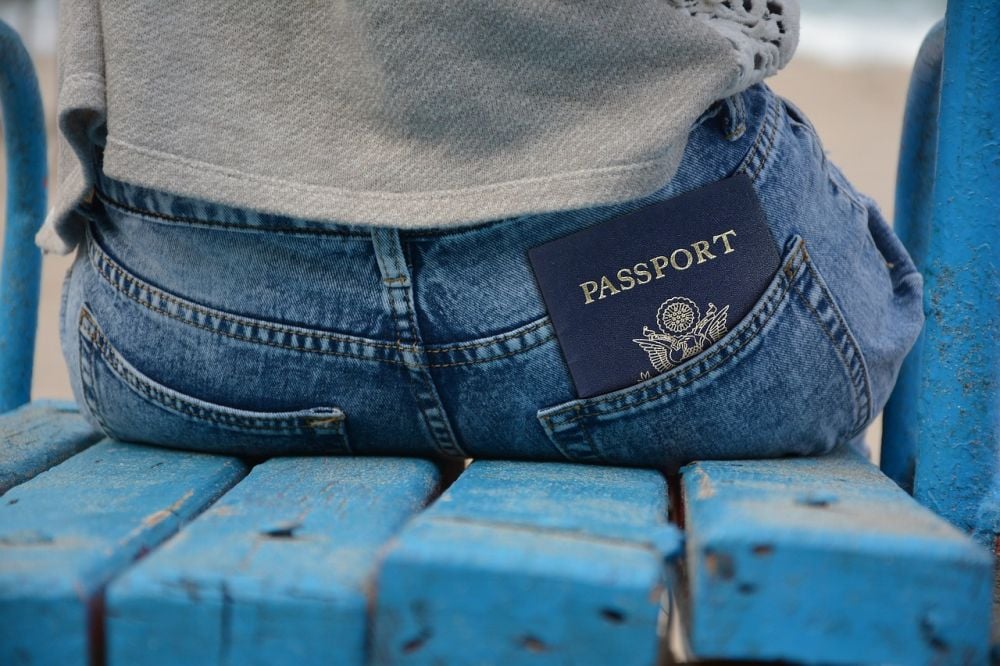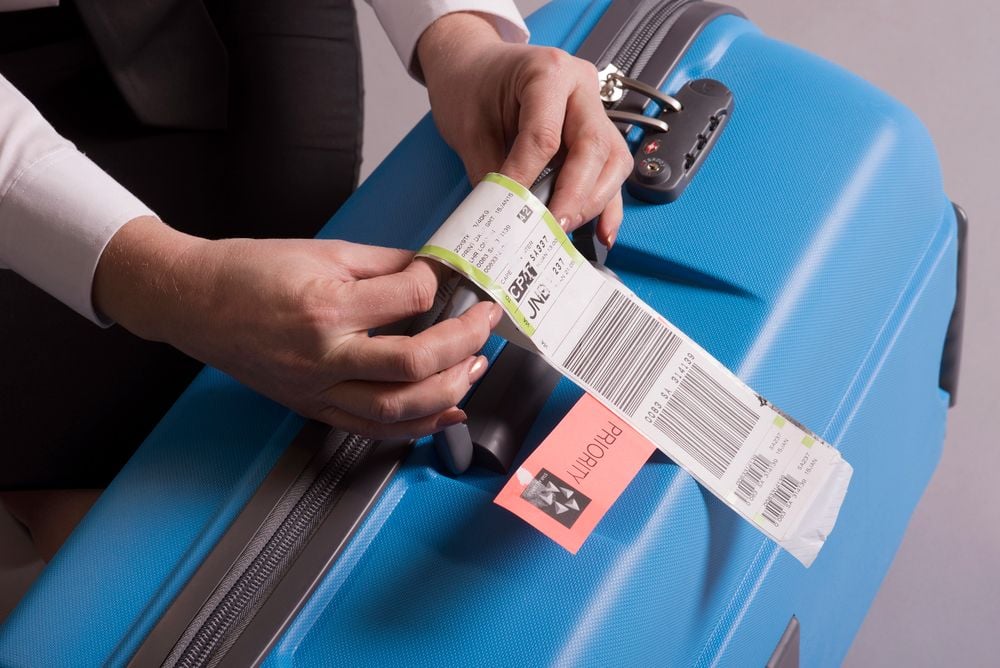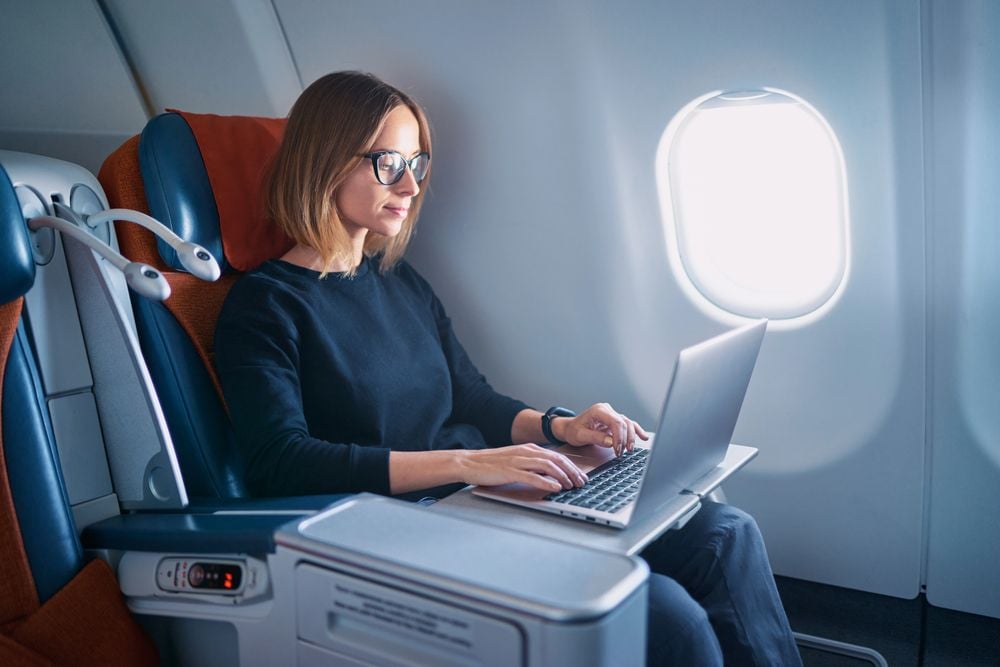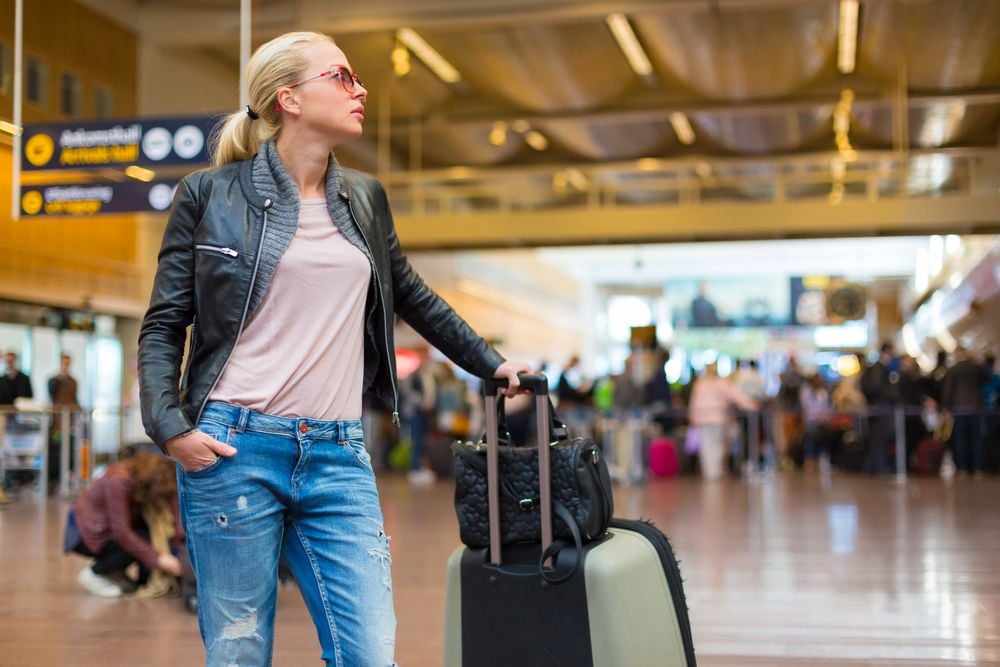Here’s Why You Should Never Use a Padlock on Your Luggage
You’re at the airport, scanning the bustling terminal while confidently handing off your suitcase at the check-in counter. Somewhere between baggage claims and layovers, you trust that the trusty padlock on your luggage will protect your belongings. But how much protection do those locks really provide? Are they securing your items, or just giving you a false sense of safety?
The global baggage statistics indicate that most luggage mishandling cases involve lost or tampered baggage. According to SITA’s 2022 Baggage IT Insights report, airlines mishandled about 4.35 bags per thousand passengers. With tampering and theft as potential risks, it’s imperative to evaluate how effective travel locks really are.
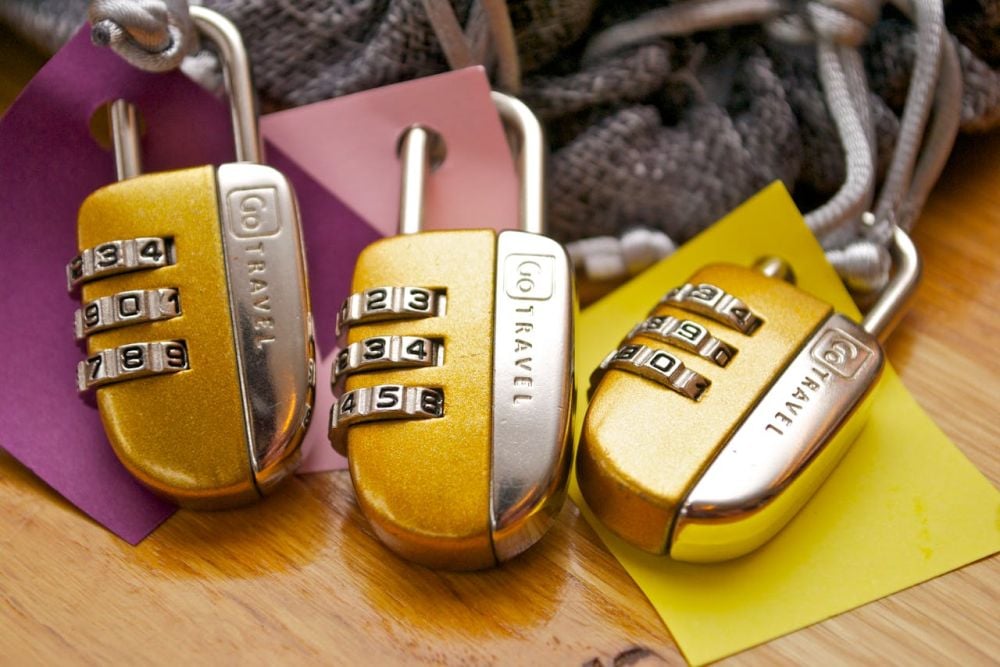
It’s easy to feel reassured by the idea of a lock, and with limited options for securing luggage, this might seem like the best bet. However, in most cases, padlocks act less as a deterrent and more as an illusion of safety. They might not only fail to keep your items secure but could actually invite unwanted attention to your baggage. Read on to uncover the truth behind travel locks and discover better ways to protect your belongings.
Why Travel Locks Might Do More Harm Than Good
1. They’re Easily Breachable
While padlocks create the image of safety, the reality is they can often be bypassed in shockingly simple ways. This was brought to light in a viral TikTok video by a TSA agent demonstrating how a simple pen can render a locked suitcase useless. “A lot of people I see travel with locks on their suitcases with special combinations,” the agent explains, “but with just a pen, you’re actually able to breach a suitcase’s security.”
@geenaanac Whenever you are traveling watch this TSA #tsa #travell #fyp #flliiippppeeeeedddddd #viralvideo #new #duet ♬ original sound – Geenaanac
This demonstrates how zippered suitcases are particularly vulnerable. Even TSA-approved locks, designed for easy access during baggage inspections, are not impervious to such exploits. This emphasizes the importance of investing in more secure luggage designs.
2. Thieves Target Locked Luggage
Ironically, a padlock might make your luggage more attractive to potential thieves. Instead of deterring theft, it can act as a signal that high-value items might be stored inside. This psychological effect, combined with the ease of breaking locks, can make secured luggage a prime target for tampering.
3. They Could Complicate Your Travel Experience
Locks may also complicate your travel experience in unexpected ways. TSA agents often conduct physical inspections if electronic screening flags your bag for further examination. If you’re using an unapproved lock, they might cut through it, possibly damaging the lock, suitcase, or its contents. Even TSA-approved locks aren’t foolproof; the Travel Sentry master keys used by TSA agents have been leaked online, raising more concerns about their security.
Further, locks can get caught in conveyor belt systems at airports, causing delays or damage. It’s worth questioning if the downsides of adding a lock outweigh the benefits.
Smarter Ways to Keep Your Luggage Safe
If travel locks don’t live up to their promise, how can travelers protect their belongings effectively? Here are some useful strategies:
a). Invest in Hard-Shell Luggage
The design of hard-shell suitcases provides an added layer of security. Their overlapping plastic edges make it harder to breach with simple tools like a pen. Plus, locks integrated into hard-shell luggage are less likely to snag on conveyor systems, reducing the chance of mechanical damage.
Look for models that feature double zippers or zip covers as well; these add an extra barrier against tampering. Research shows that hard-shell luggage is not only more durable but also better at protecting fragile contents.
b). Utilize Luggage Wrapping Services
Ever wondered why so many travelers opt for airport plastic wrapping services? Beyond protecting your luggage from dirt and moisture, this film adds an additional security layer. Wrapping your suitcase makes it significantly harder for anyone to tamper with your luggage discreetly. Plus, if a thief attempts to breach the plastic, the effort and time required often become a deterrent.
c). Keep Valuables in Your Carry-On
The most effective tip for safeguarding essentials is to not pack them in checked luggage at all. Items like electronics, jewelry, passports, and medication should always stay with you. Carry-on bags not only reduce your dependency on security measures for checked luggage but also allow you to monitor your valuables during your trip.
d). Track Your Luggage with Smart Devices
For an even greater sense of security, consider luggage-tracking devices like Apple AirTags, Tile, or GPS-enabled tags. These small devices allow you to track your bag’s location at all times. A 2022 survey by Critical Insights found that 70% of AirTag users successfully retrieved lost luggage during airline mix-ups, underscoring the effectiveness of travel tech.
e). Stay Alert and Vigilant
Security starts with awareness. Avoid leaving your suitcase unattended, even for a short time. Keeping your bag within sight reduces the odds of someone tampering with your belongings unnoticed.
Final Thoughts on Travel Locks and Luggage Protection
Travel locks might seem like an easy solution for securing your luggage, but they come with significant risks that travelers need to understand. From the ease of breaching locks to the complications they can cause during TSA inspections, it’s clear that padlocks offer limited protection. Rather than relying solely on locks, adopting a multi-faceted approach to luggage security—like hard-shell suitcases, luggage wrapping, and tracking devices—can provide real peace of mind.
When it comes to protecting your belongings, investing in smarter solutions is always worth it. After all, the best security measure is not just about locking your suitcase but ensuring it stays unbreachable, unappealing to thieves, and within reach.

